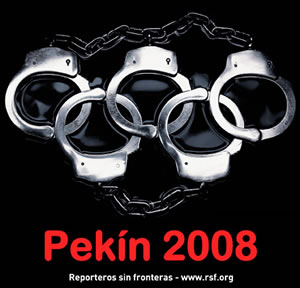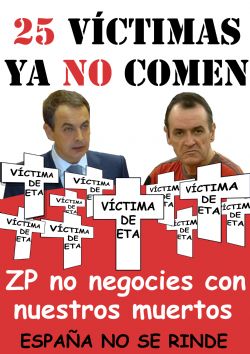Como ya he posteado con anterioridad, un tribunal de la ONU (algo que han hecho bien, veremos cómo termina, si con condena o con un chupa-chups por carnicero) está juzgando a los Jémeres Rojos, los comunistas que mataron a más de 2 millones de camboyanos (directamente a 1 millón, el resto de hambre y enfermedades derivadas) para poner al país en el camino correcto, por motivos tan elevados como llevar gafas o tener carrera universitaria. Mataban incluso a los niños.
De todos los jémeres que hay ante el Tribunal, el más importante es el Hermano nº 2 (el número 1 era Pol Pot, de quién me ahorraré los calificativos), Noun Chea. Considerado el ideólogo de la matanza, del sistema represivo y de las torturas sin término, dijo en principio que iba a contar todo en el Tribunal, para después decir que era inocente y que la culpa la tenía los militantes. Por supuesto, no se lo creía ni él mismo…
Pues bien ahora ha sido el turno a las víctimas, quienes se han opuesto que le den la libertad condicional a Noun Chea, que ha sido acusado de crímenes contra la humanidad. Una de ellas es Theary Seng, una de los cuatro supervivientes que han sido admitidos como «parte civil» en el procedimiento. Perdió a sus padres bajo el régimen de los Jémeres Rojos y describió cómo fue encarcelada con siete años, con su hermano pequeño. «No fuimos informados de nuestros derechos. No hubo proceso y fuimos arrestados arbitrariamente. Nos trataron de forma inhumana. Para nosotros, la tumba era nuestro lugar de juegos«.
Se oponen a que le den la libertad condicional porque hay riesgo de fuga.
Survivors of Cambodia’s brutal Khmer Rouge regime have addressed a UN-backed genocide court for the first time.The survivors spoke at a bail hearing for top Khmer Rouge leader Nuon Chea, who has been charged with crimes against humanity.
Victims had been waiting 30 years for justice, one woman said, urging the court not to grant bail to Pol Pot’s former deputy.Nuon Chea is one of five senior Khmer Rouge officials awaiting trial.More than one million people are thought to have died during the regime’s 1975-1979 rule.
Tens of thousands of people were executed while others starved to death or died of overwork as the Maoist regime sought to create an agrarian utopia.
Theary Seng was one of four survivors named as «civil parties» in the case.
She lost her parents under the Khmer Rouge and described to the court how she was jailed at the age of seven, along with her younger brother.»We were not informed of our rights. There was no due process and we were arrested arbitrarily,» she said.»They treated us inhumanely – for us, the graveyard was our playground.»
She urged against bail for Nuon Chea, the regime’s ideological driving force who is now in his eighties.»There is a risk that the accused will fail to appear in court and without his presence we will suffer a great loss,» she said.
BBC NEWS | Asia-Pacific | Khmer Rouge victims address court
Posts anteriores:
- Rechazado el recurso de Duch, otro de los Jémeres Rojos.
- Otro Jémer Rojo arrestado.
- Arrestados más líderes de los Jémeres Rojos.
- Khmer Rouge no.2 to tell all at trial.
- I’m innocent, says Khmer Brother no.2 at trial.
Blogged with Flock








































